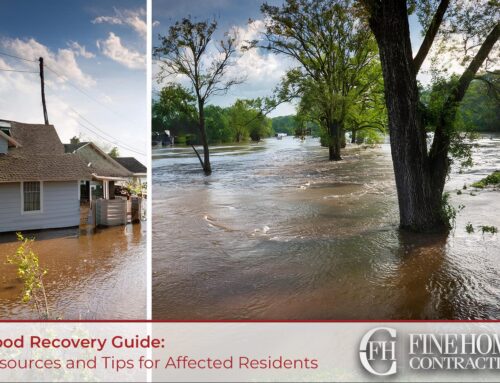Recent reports from Florida have highlighted a bizarre and troubling trend: stolen driveways. This scam, known as an “overpayment scam,” targets contractors and impacts homeowners, especially those listing properties for sale. Scammers pretending to be homeowners initiate unauthorized exterior work, overpaying contractors with bad checks, then vanishing. The aftermath leaves unsuspecting homeowners and often inexperienced contractors in a lurch. To protect yourself, ensure you engage reputable, licensed contractors, vigilantly monitor your property, especially when listed, and maintain transparent communication with any professionals working on your premises. Stay alert and safeguard your home against these cunning driveway thefts.
In Florida, a homeowner was shocked when her driveway was stolen while her house was listed for sale. A scammer, pretending to be her, contracted workers who removed the driveway, leaving her to discover the missing piece upon returning from work. This incident unfolded due to an overpayment scam, leaving the owner and the contractors victimized by the scammer’s deceitful tactics.
History of Overpayment Scams in Home Services
Overpayment scams have plagued various industries for years, notably the home services sector. Historically, these scams target the less experienced or small businesses, utilizing fake overpayments to swindle both service providers and sometimes homeowners. They’ve evolved with technology but consistently rely on exploiting trust and the absence of due diligence. The advent of online home listings and digital communications has only increased their prevalence, making continuous education and vigilance essential for all parties involved in home services.
Some examples of this scam across different industries include:
- Online Selling Scam: Sellers on online marketplaces receive overpayment for an item, with scammers requesting the excess be returned, only for the initial payment to bounce.
- Rental Scam: Landlords receive an overpayment for deposit or rent from a prospective tenant who asks for a refund of the surplus, with the original check later revealed as fraudulent.
- Employment Scam: Job seekers are sent checks for equipment or initial payments, overpaying them, and asked to wire back the difference before the check is discovered as fake.
For more information and further reading, see the original article from Business Insider.







